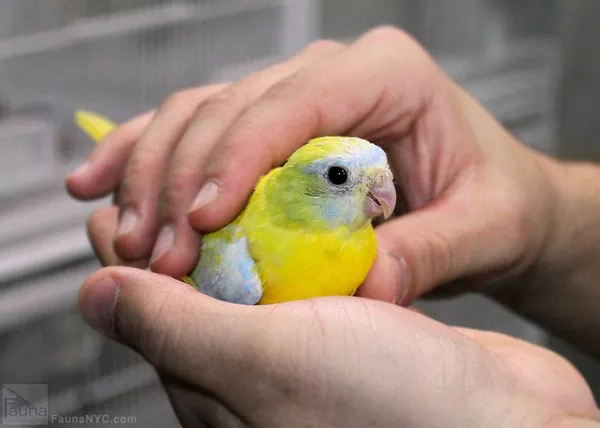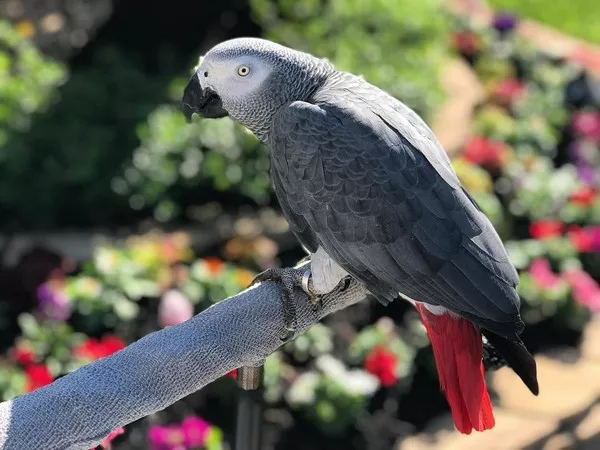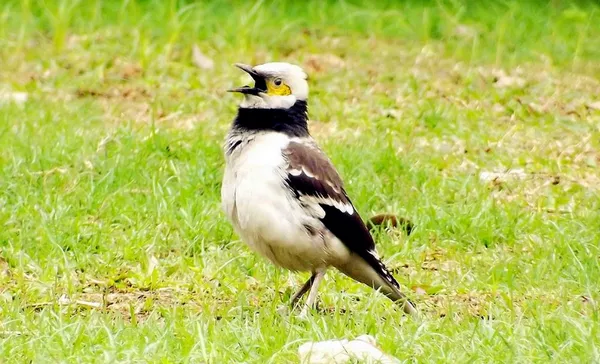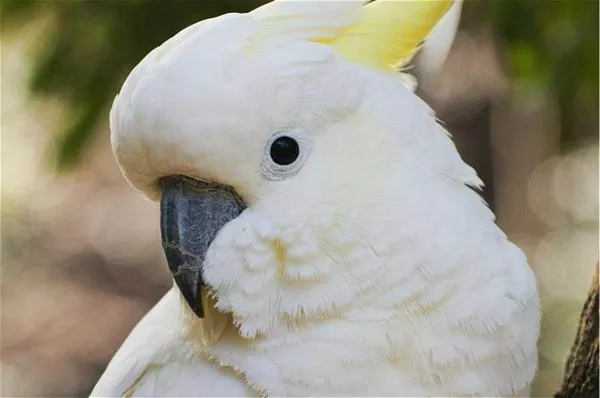Indian Ringneck parrots are known for their colorful plumage and playful personalities, making them popular pets around the world. However, like all animals, they have a limited lifespan. In this article, we’ll take a closer look at how long Indian Ringnecks typically live and what factors can affect their lifespan.
Lifespan of Indian Ringnecks
The average lifespan of an Indian Ringneck parrot is between 25 to 30 years, but some can live up to 50 years or more with proper care. However, the lifespan of a parrot can vary depending on several factors such as diet, environment, genetics, and overall health.
Diet
Diet plays a crucial role in the overall health and lifespan of Indian Ringnecks. A balanced diet includes a mix of high-quality pellets, fresh fruits and vegetables, and occasional treats like nuts and seeds. A poor diet lacking in essential nutrients can lead to a range of health problems such as obesity, fatty liver disease, and other nutritional deficiencies, which can shorten their lifespan.
Environment
The living environment of Indian Ringnecks also affects their lifespan. They are social animals and need plenty of mental and physical stimulation to keep them healthy and happy. A spacious cage with plenty of toys, perches, and daily out-of-cage playtime is essential to maintain their well-being. Indian Ringnecks thrive in environments with plenty of social interaction, so frequent interaction with their human family and other birds is crucial.
Genetics
Like humans, genetics also play a role in the lifespan of Indian Ringnecks. Some birds may be genetically predisposed to certain health issues that can impact their lifespan. For example, Indian Ringnecks can be prone to conditions such as obesity, fatty liver disease, and feather plucking, which can be genetic or inherited.
Overall Health
Maintaining good overall health is key to ensuring that Indian Ringnecks live long, healthy lives. Regular check-ups with an avian veterinarian can help catch health problems early on, and a proper vaccination schedule can help prevent illnesses. Good hygiene practices, such as regular cage cleaning, hand-washing, and maintaining a clean living environment, can also help prevent the spread of diseases.
Factors that can affect lifespan
While there are several factors that can positively impact the lifespan of Indian Ringnecks, some factors can negatively affect their lifespan, such as:
- Poor Diet: A diet that is high in fat, sugar, and processed foods can lead to obesity and other health problems that can shorten a bird’s lifespan.
- Lack of Exercise: Indian Ringnecks are active birds and need plenty of exercise to maintain their physical and mental health. A sedentary lifestyle can lead to obesity, heart disease, and other health problems that can shorten their lifespan.
- Stress: Stress can be detrimental to the health and well-being of Indian Ringnecks. Factors that can cause stress include loud noises, sudden changes in routine or environment, and lack of social interaction.
- Lack of Social Interaction: Indian Ringnecks are social birds that thrive on human interaction and the company of other birds. A lack of social interaction can lead to loneliness and depression, which can impact their overall health and lifespan.
In conclusion, the lifespan of Indian Ringnecks can vary based on several factors, including diet, environment, genetics, and overall health. With proper care, including a healthy diet, regular exercise, mental and physical stimulation, and regular check-ups with an avian veterinarian, Indian Ringnecks can live long, healthy lives of up to 25 to 30 years or more. As with any pet, it’s important to provide a safe, healthy, and stimulating environment to ensure their well-being and longevity.
Recommended reading:


























